Sole trader: FEIT's handcrafted footwear takes a principled stance
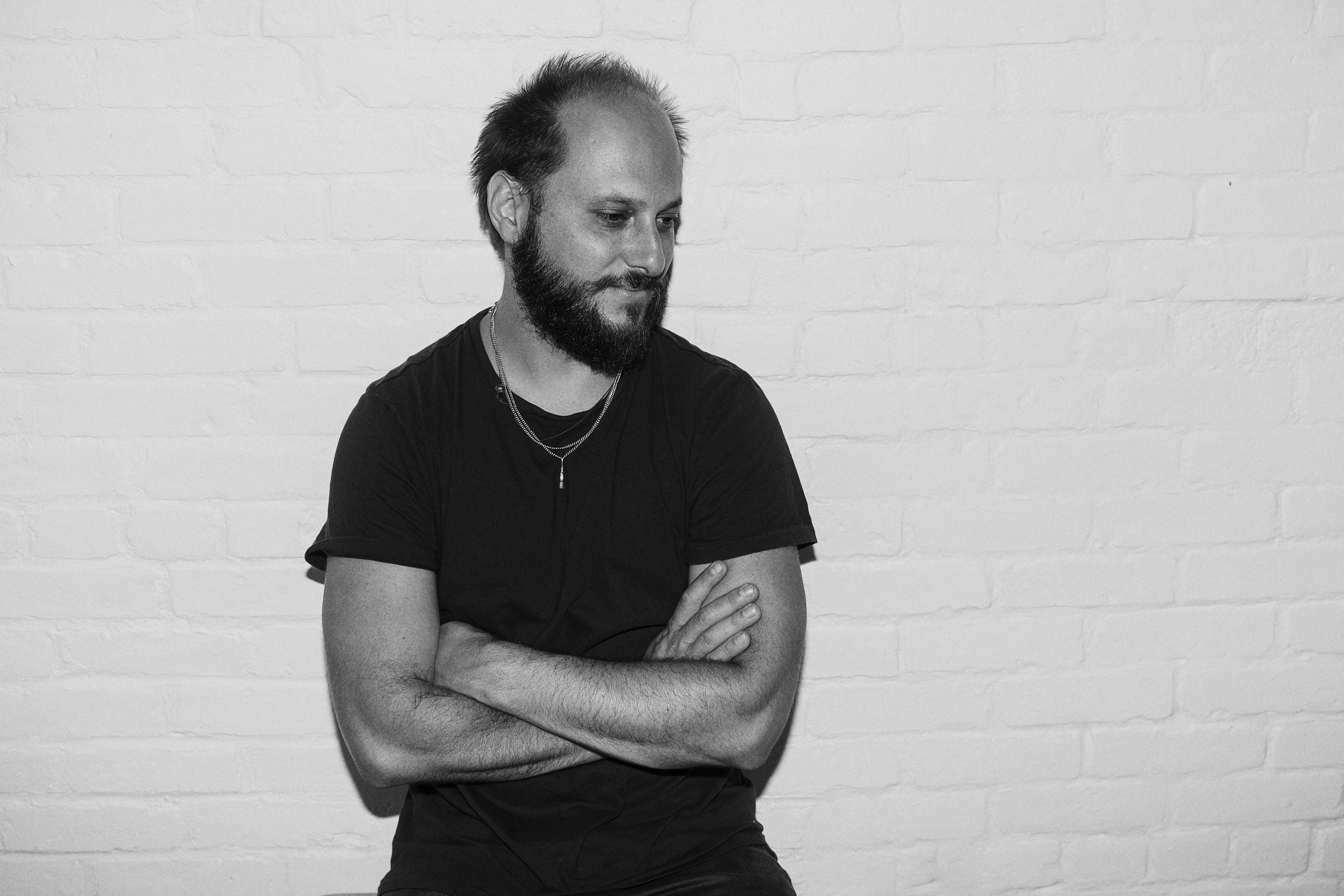
A career that begins without a formal education, veers into streetwear and curves towards handcrafted leather footwear may seem an unlikely one, but for Tull Price it was a natural arc. ‘There’s an emphasis on trying to create fresh, interesting, and unique product’, he explains. ‘Early in my career, this was done mainly via innovative styling and design; more recently my focus has been on refinement, materials, and construction.’
Price’s shoes and accessories brand FEIT – co-founded in 2005 with his brother Josh – reflects that evolution towards what he calls ‘neoluxury’. His initial fascination for globalisation left him feeling disenfranchised after selling his first label; now, Price is ‘moving away from volume and excess and towards quality, sustainability, and the pursuit of product integrity.’
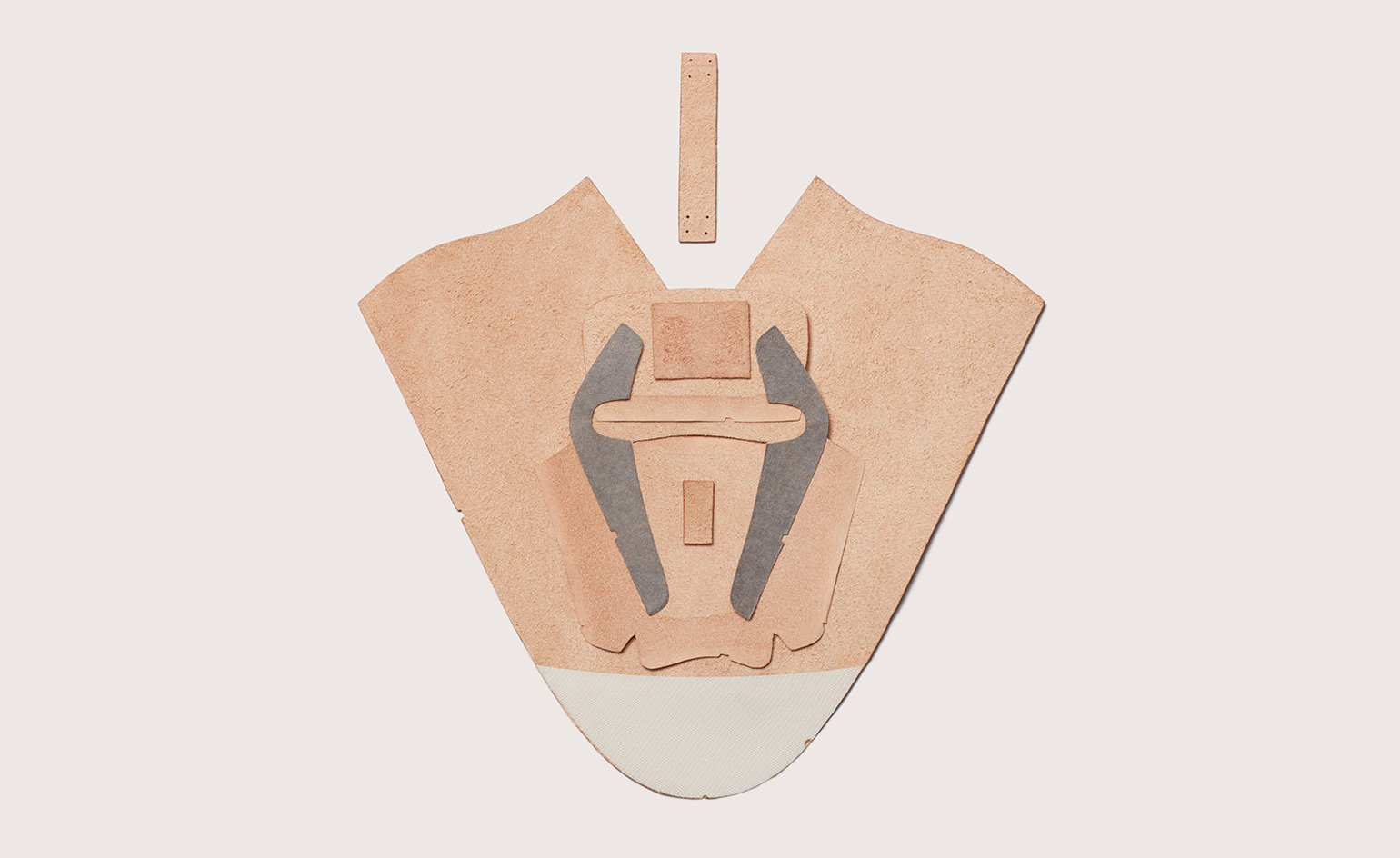
The label uses vegetable tanned leathers and cork
Price pushed forward with his conscientious idea after learning through practice and under the guidance of mentors. He has spent the last ten years in Europe, learning about traditional shoemaking and tanning – not an uncomplicated path, hence the label’s name. ‘FEIT is a homonym for fight,’ the entrepreneur explains. ‘The name was created to describe an individual’s fight for growth, evolution, and success; whatever that means to them within their life.'
FEIT elevates the 'Made in China' concept by employing highly skilled people in the region. ‘To have something done completely by hand in this day and age is very rare,’ says Price. ‘We have been able to assemble and train possibly the largest group of hand sewers capable of creating shoes in this manner; we now have approximately 100 people based in a small town in southern China.’
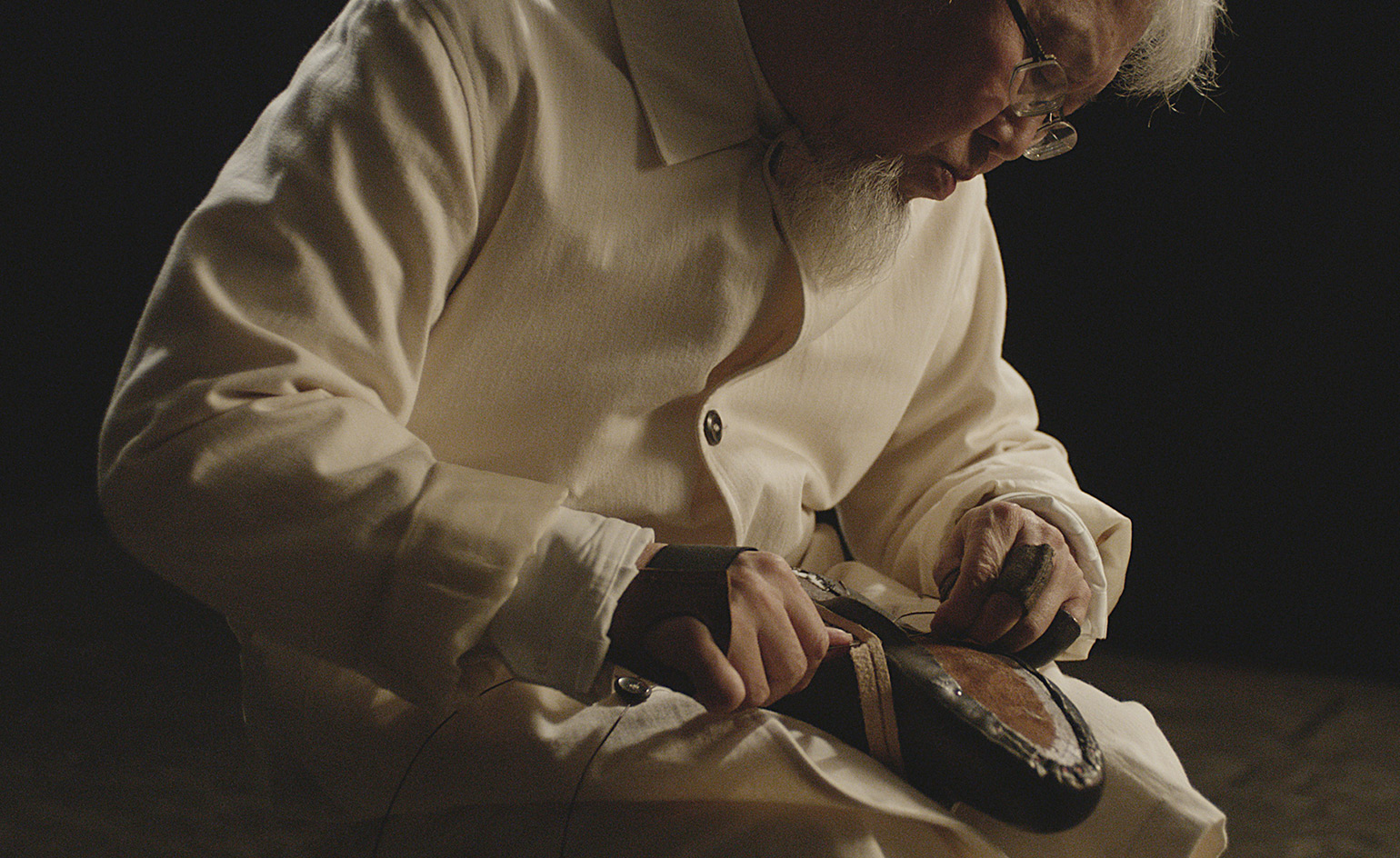
Highly skilled sewers in southern China craft FEIT's footwear by hand
And there’s no cutting corners either: the artisans work with natural materials only. Vegetable tanned cowhides – a by-product of the meat industry – are incorporated from the outsoles to the laces. Natural cork is used for a layer of the sole, as is bamboo shank stabiliser. The outsoles are buffalo leather, the thread is rubber and a vegetable tanned leather strip envelops the sole.
FEIT’s trademark seamless one-piece upper, hand-stitched at the heel, is based on a set of lasts built in 2005 with Tuscan master last-maker, the 96-year-old Verdichio Padrone. As a result of this construction, they take on the shape of the wearer, making both the classic and athletic versions of FEIT footwear equally comfortable.
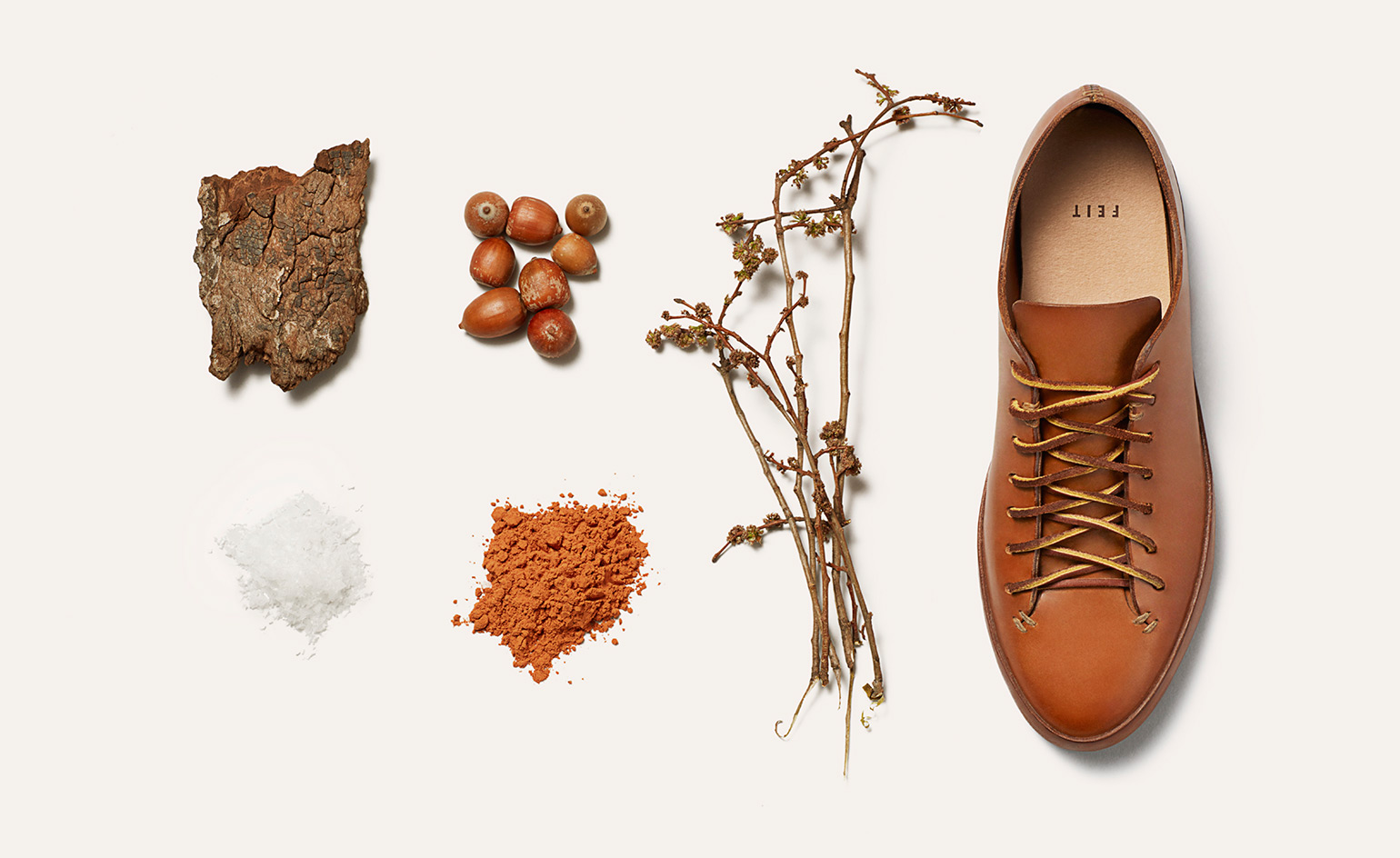
Using natural materials only for its handmade shoes, footwear label FEIT reflects an evolution toward ’neoluxury’
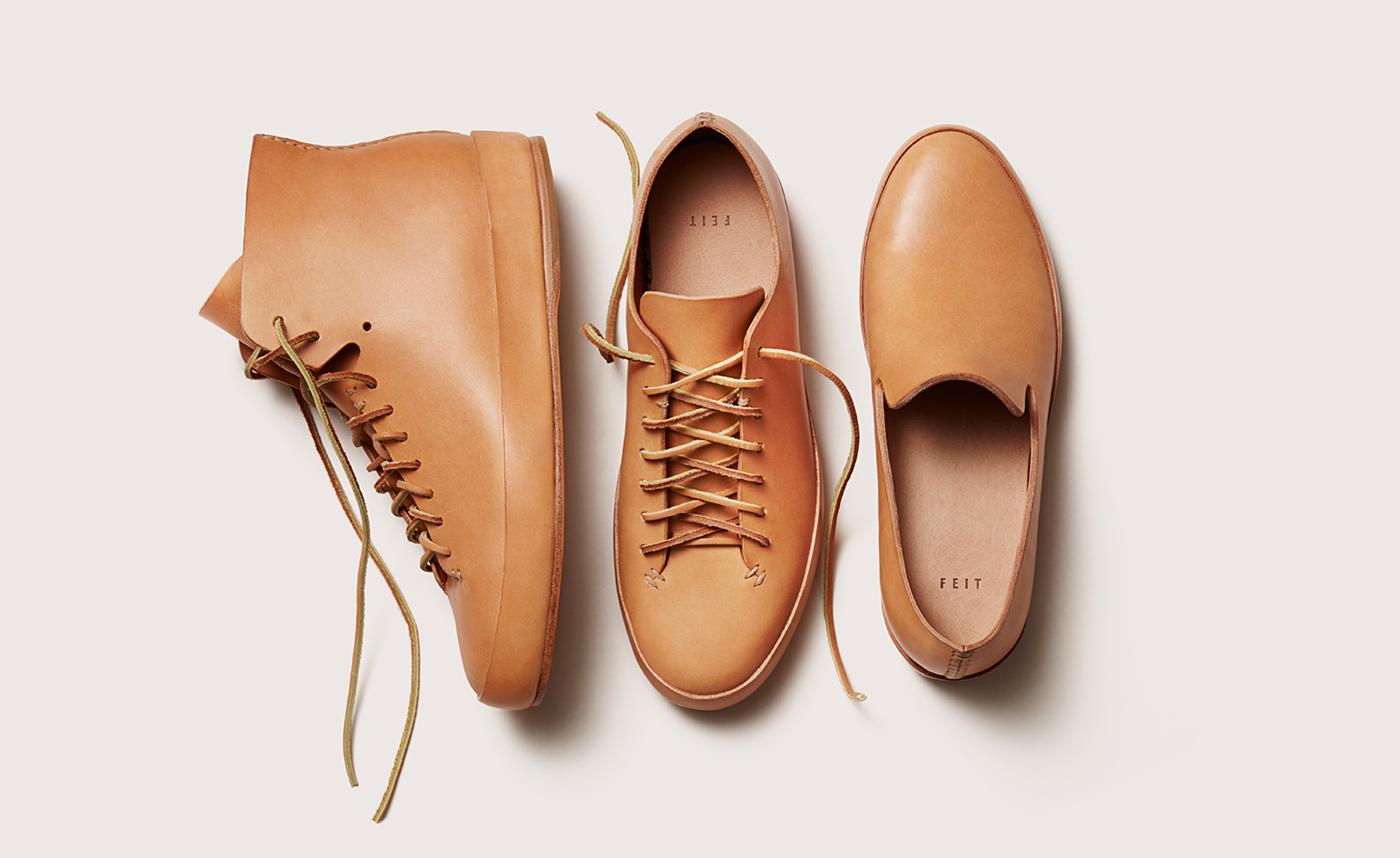
FEIT shoes take on the shape of the wearer, making both the classic and athletic versions of its footwear equally comfortable
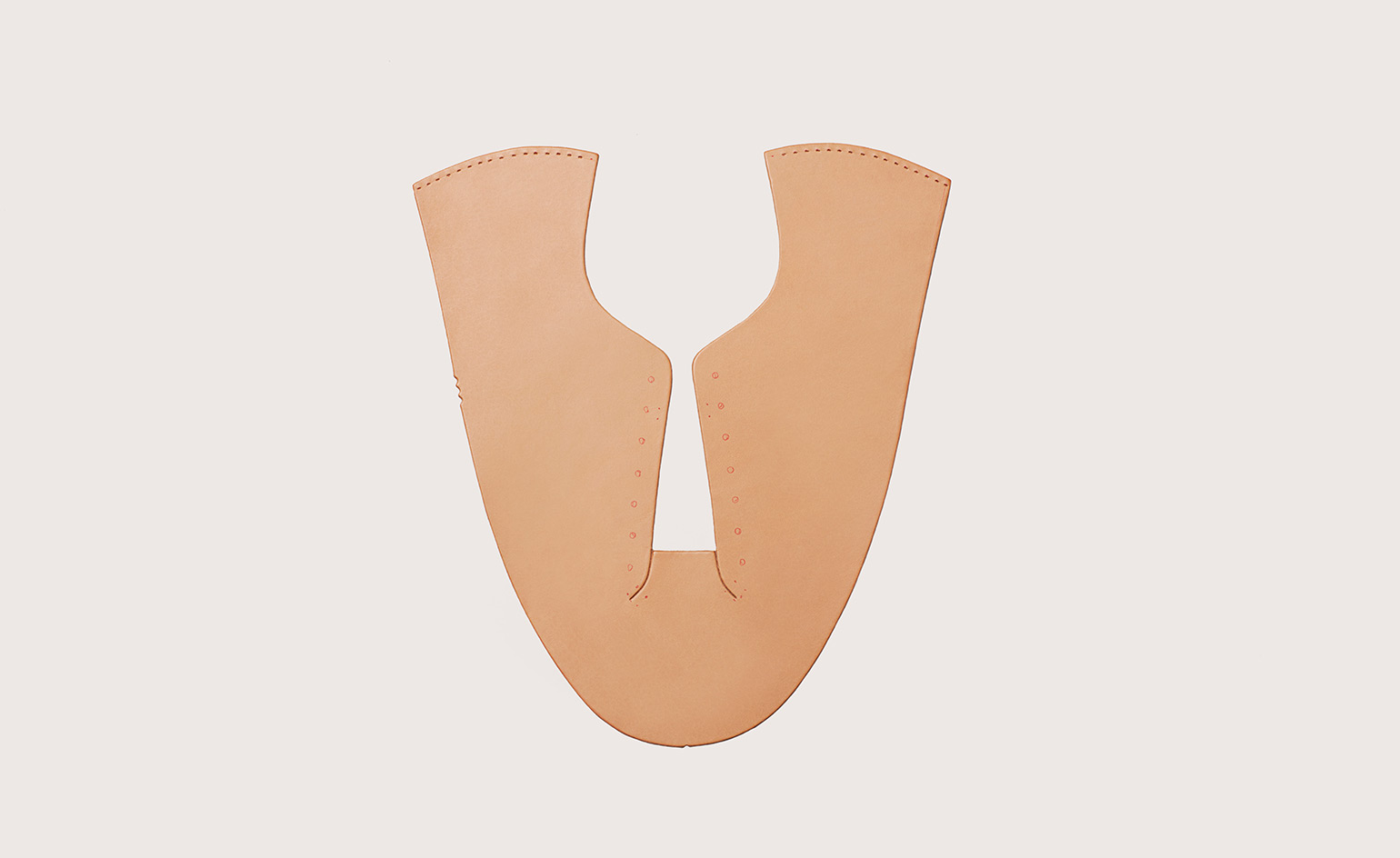
FEIT’s trademark seamless one-piece upper, hand-stitched at the heel, is based on a set of lasts built in 2005 with a Tuscan master last maker, the 96-year-old Verdichio Padrone
INFORMATION
For more information, visit FEIT’s website
Receive our daily digest of inspiration, escapism and design stories from around the world direct to your inbox.
Siska Lyssens has contributed to Wallpaper* since 2014, covering design in all its forms – from interiors to architecture and fashion. Now living in the U.S. after spending almost a decade in London, the Belgian journalist puts her creative branding cap on for various clients when not contributing to Wallpaper* or T Magazine.
-
 Winston Branch searches for colour and light in large-scale artworks in London
Winston Branch searches for colour and light in large-scale artworks in LondonWinston Branch returns to his roots in 'Out of the Calabash' at Goodman Gallery, London ,
-
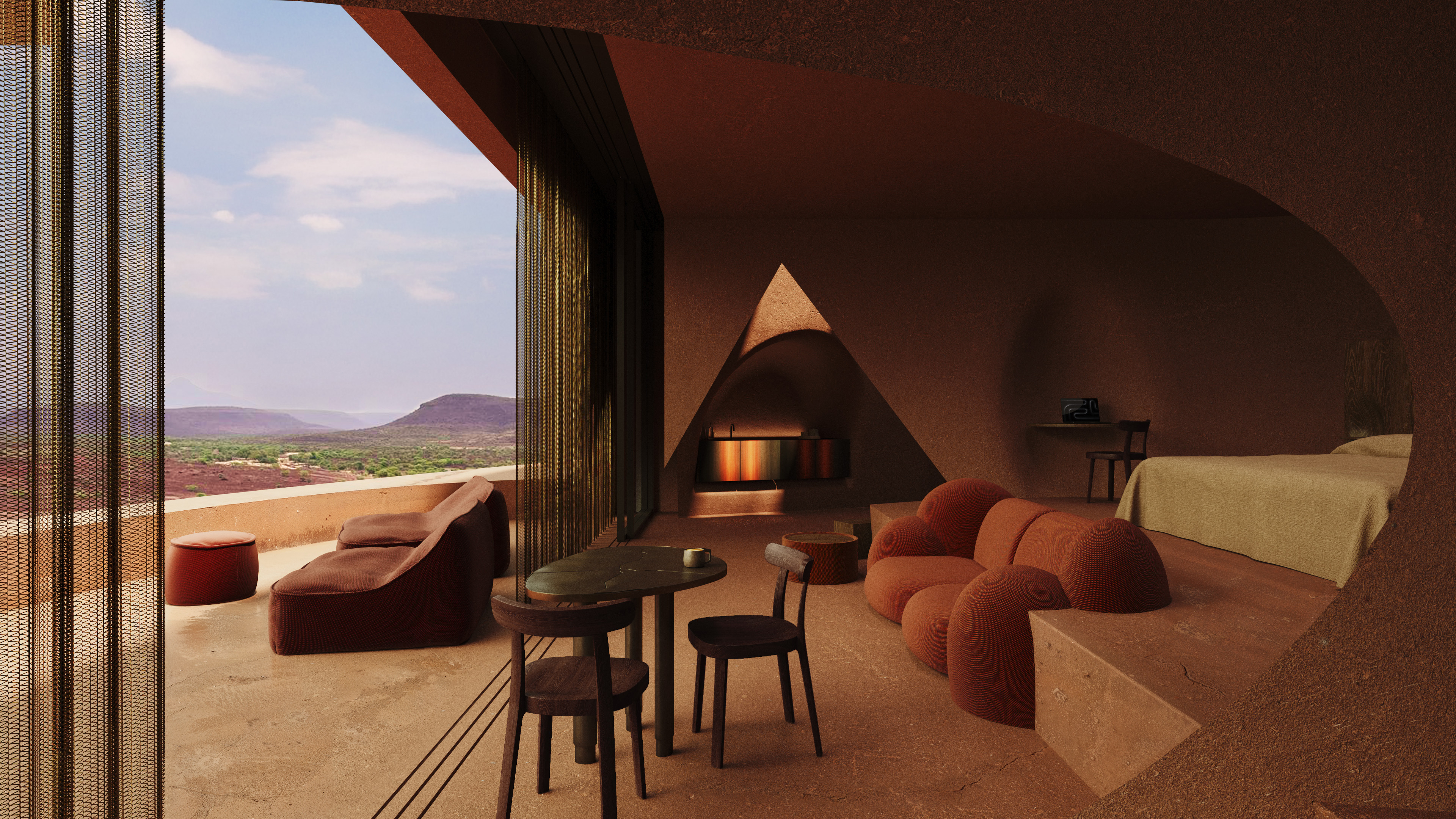 The most anticipated hotel openings of 2026
The most anticipated hotel openings of 2026From landmark restorations to remote retreats, these are the hotel debuts shaping the year ahead
-
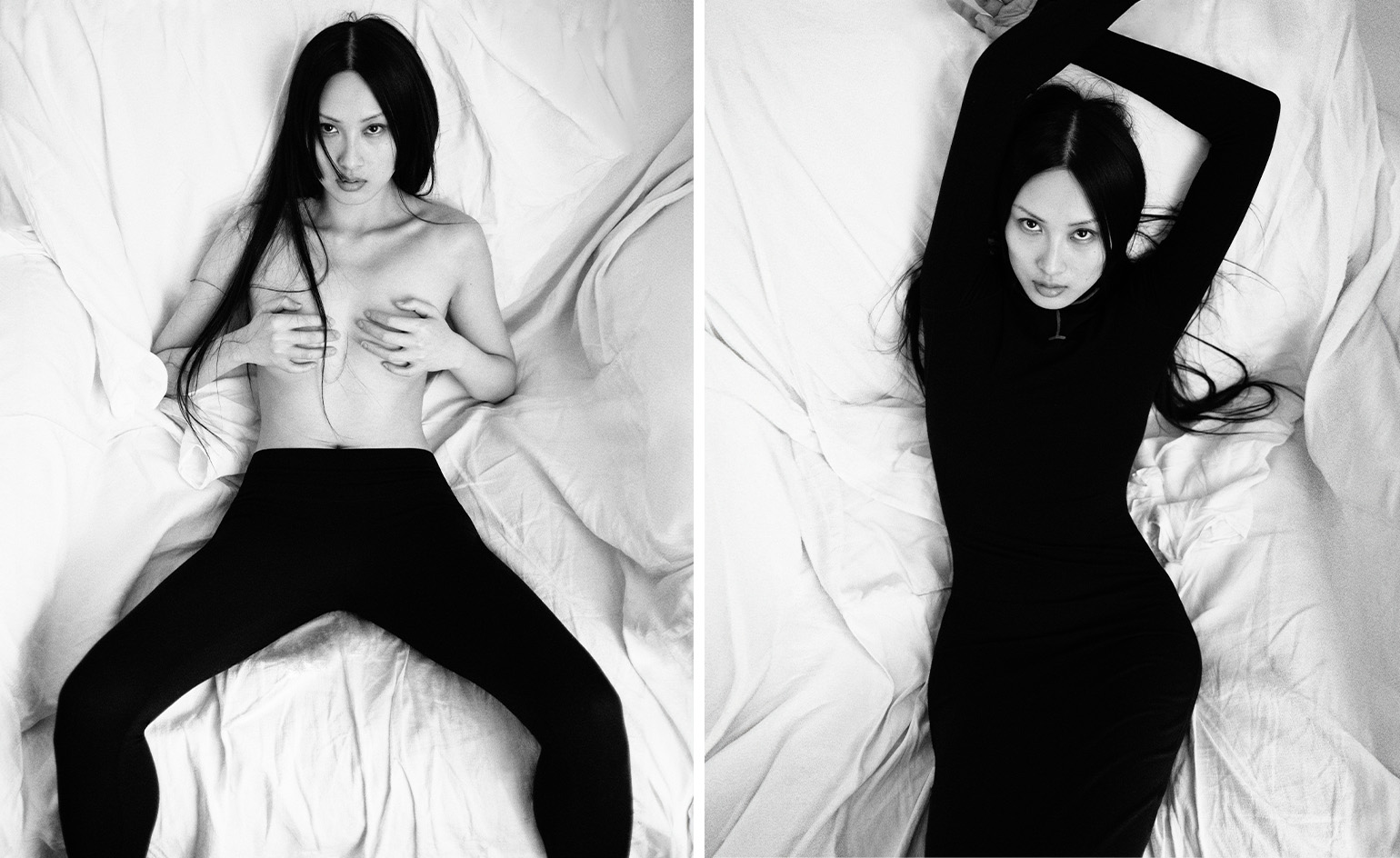 Is the future of beauty skincare you can wear? Sylva’s Tallulah Harlech thinks so
Is the future of beauty skincare you can wear? Sylva’s Tallulah Harlech thinks soThe stylist’s label, Sylva, comprises a tightly edited collection of pieces designed to complement the skin’s microbiome, made possible by rigorous technical innovation – something she thinks will be the future of both fashion and beauty
-
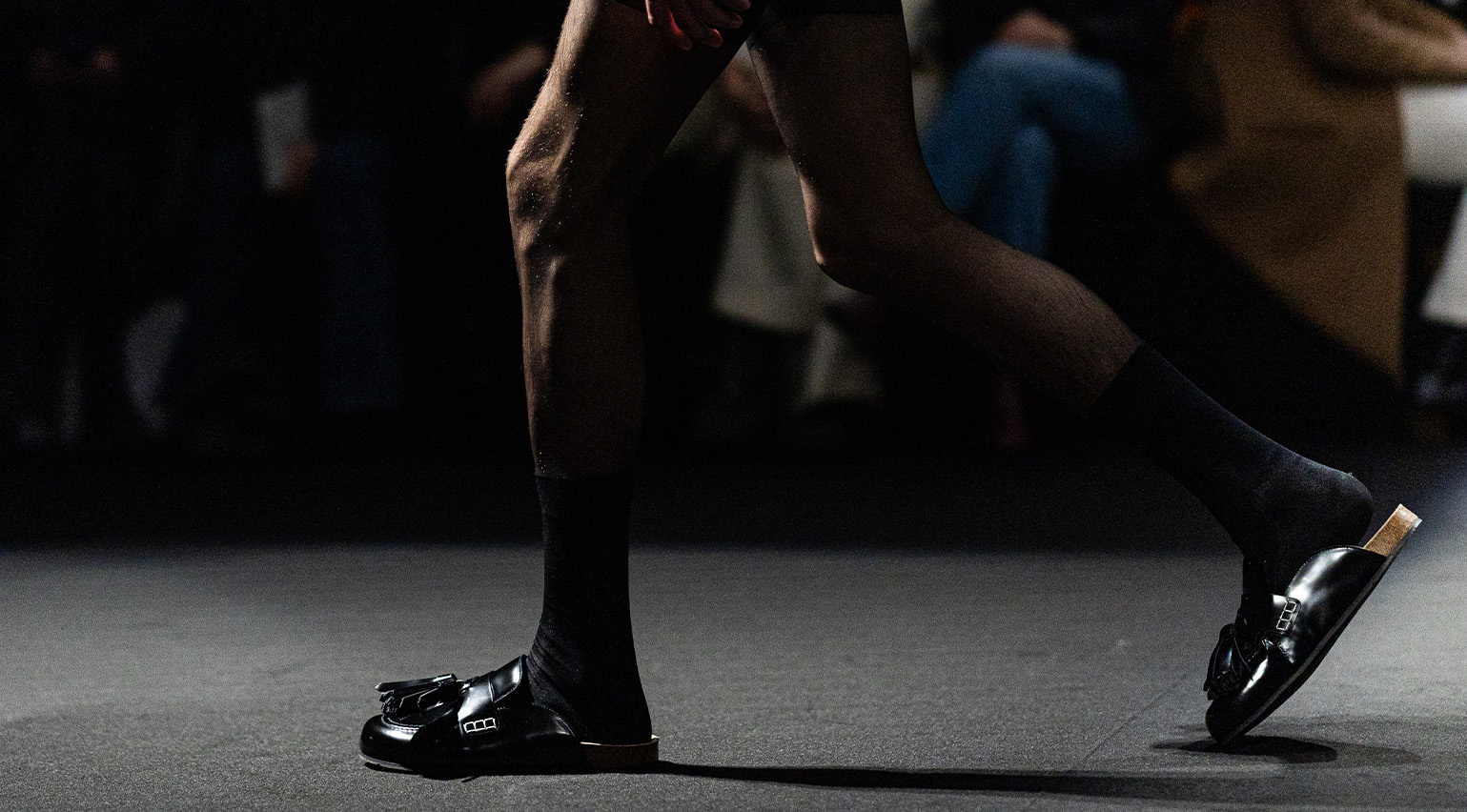 Why the slipper is set to be this season’s definitive men’s shoe
Why the slipper is set to be this season’s definitive men’s shoeWallpaper* fashion features editor Jack Moss unpacks the rise of the men’s slipper, which looks set to become this season’s most ubiquitous shoe. Plus, five styles to channel the slipper’s louche elegance in your own wardrobe
-
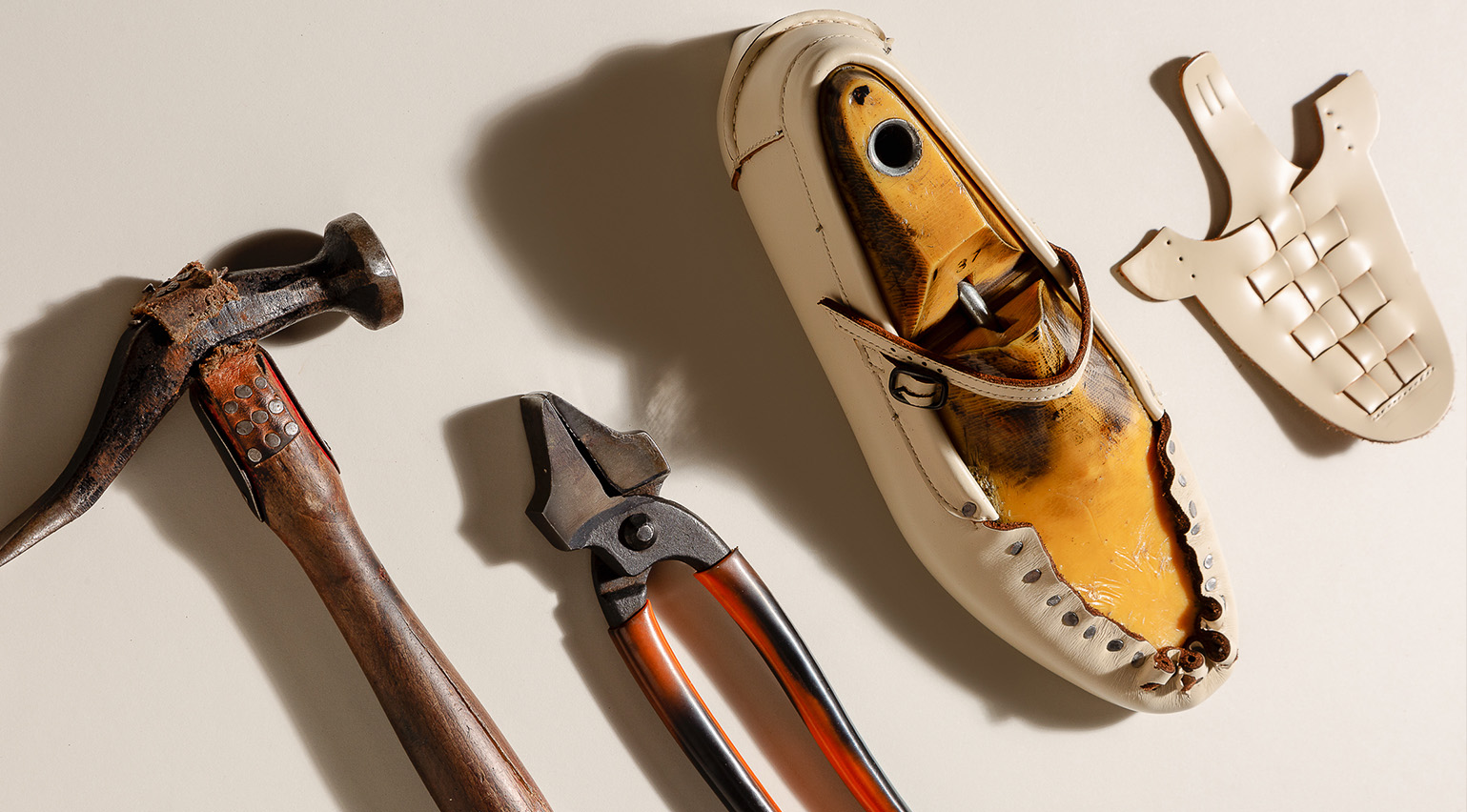 ‘There are no shortcuts’: Ten years of Hereu, the cult Spanish shoe brand where craft is front and centre
‘There are no shortcuts’: Ten years of Hereu, the cult Spanish shoe brand where craft is front and centreDal Chodha visits Barcelona-based shoe and accessory brand Hereu as it reaches a milestone decade in business
-
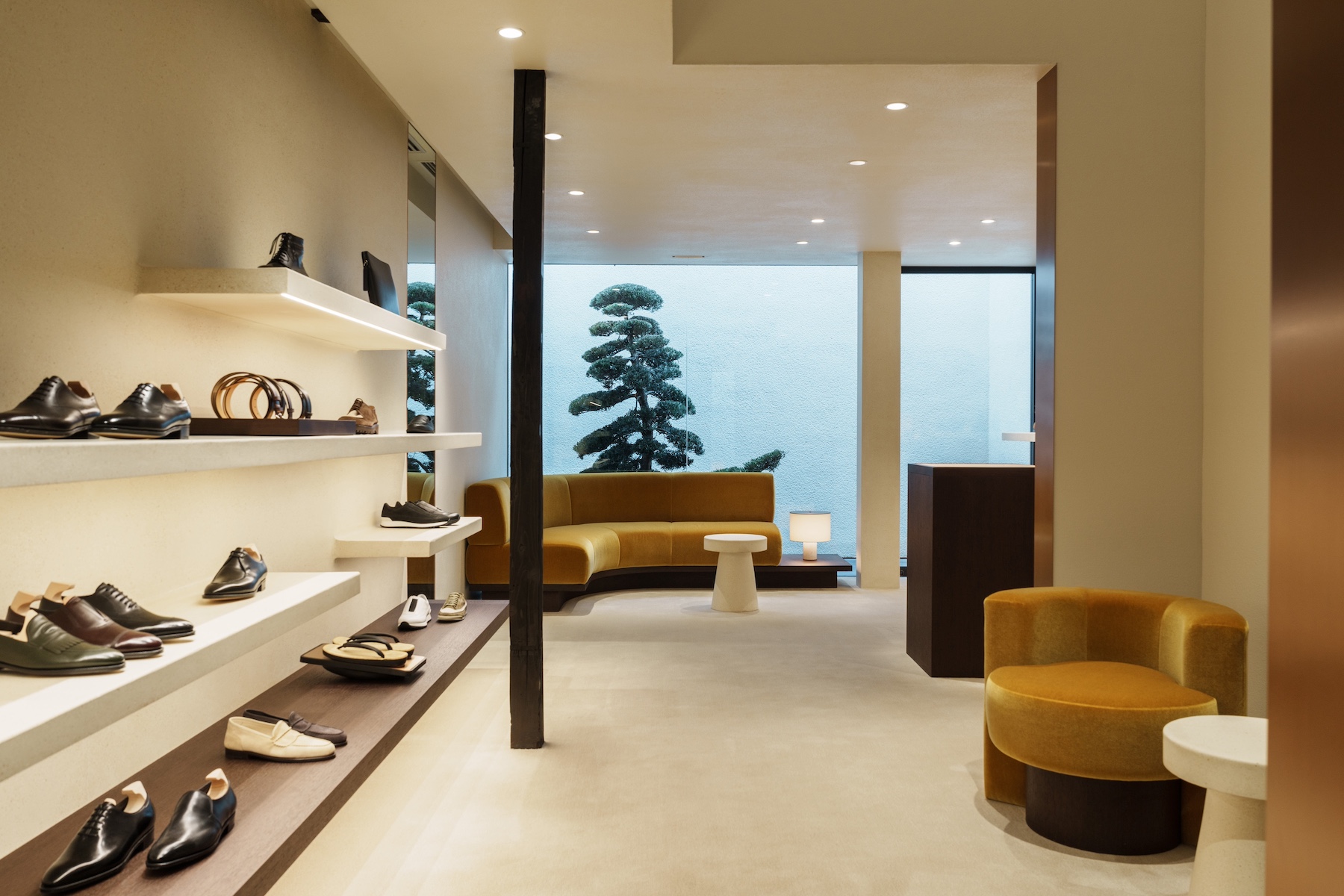 Inside John Lobb’s sumptuous new Kyoto store, housed in a traditional wooden ‘machiya’
Inside John Lobb’s sumptuous new Kyoto store, housed in a traditional wooden ‘machiya’John Lobb’s inviting new Teruhiro Yanagihara-designed Kyoto store is introduced with a series of images starring lauded Japanese director Hirokazu Kore-eda
-
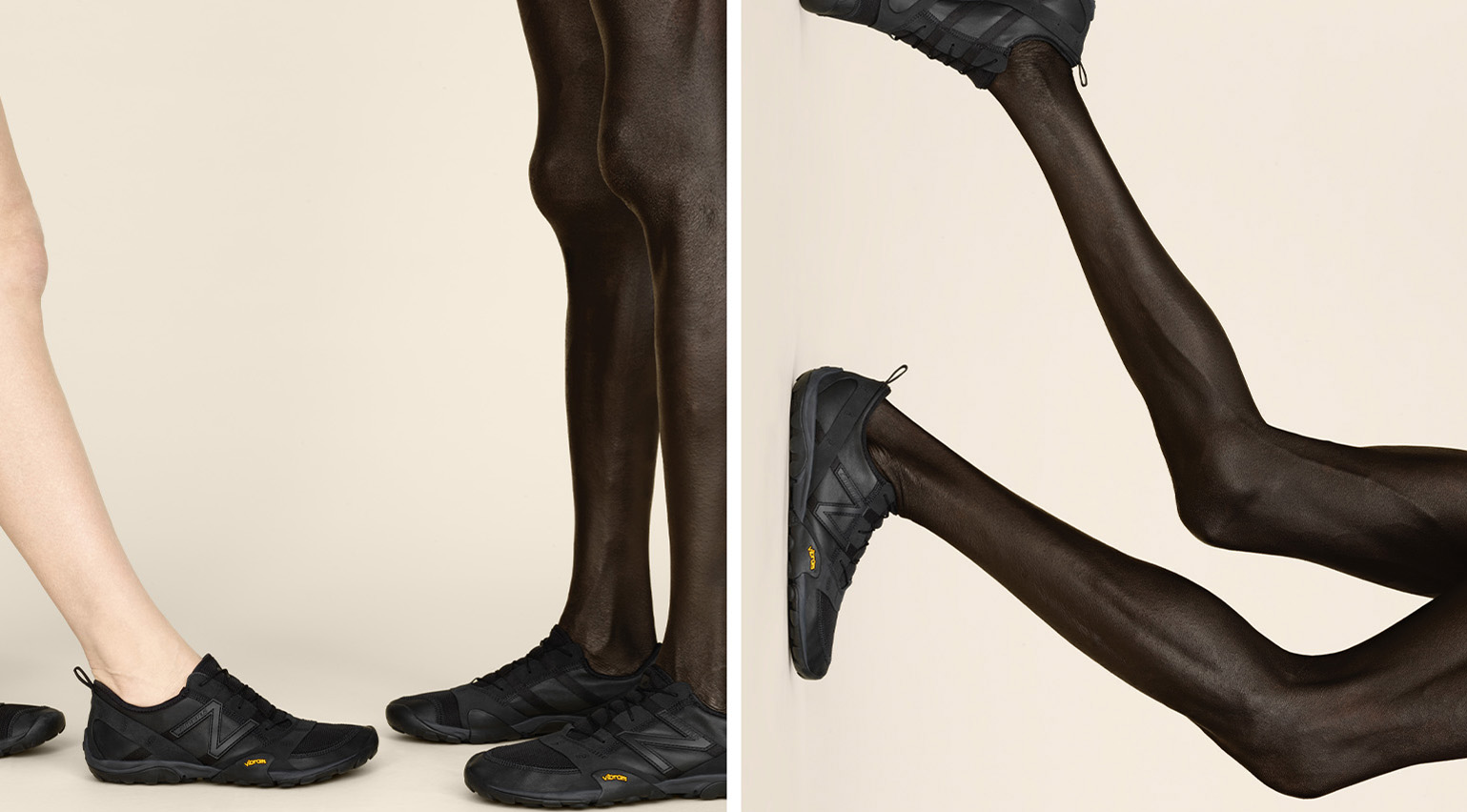 ‘Sensuous physicality’: Issey Miyake reveals barefoot sneaker collaboration with New Balance
‘Sensuous physicality’: Issey Miyake reveals barefoot sneaker collaboration with New BalanceThe Issey Miyake x New Balance MT10O is based on minimalist running sneakers from the 2010s, designed to replicate the feeling of running barefoot
-
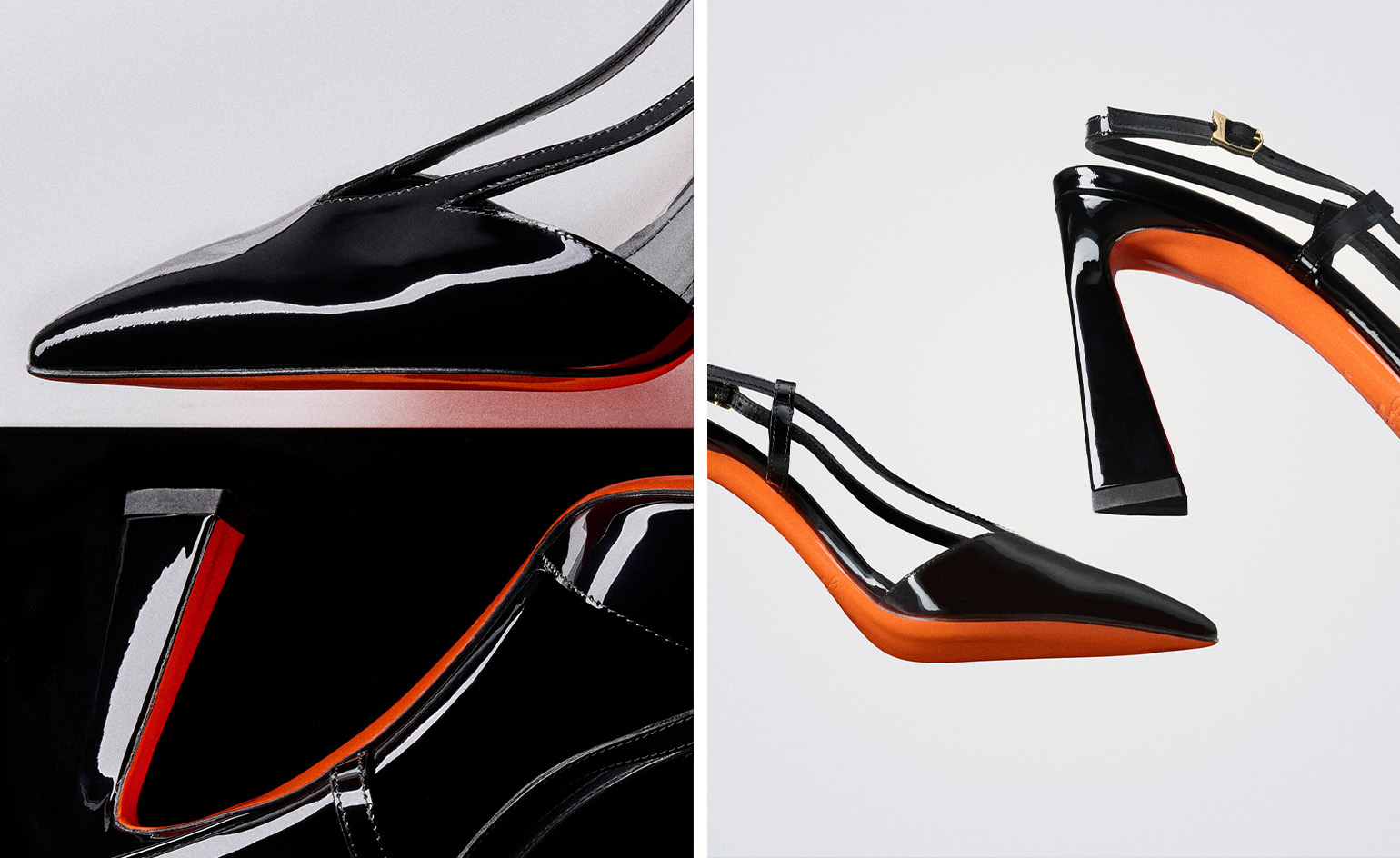 These gravity-defying Santoni heels are a sculptural wonder
These gravity-defying Santoni heels are a sculptural wonderA closer look at Santoni’s Victoria pumps, which are defined by the architectural rigour of their gently slanted heels – an ode to the heritage footwear brand’s roots in Le Marche, Italy
-
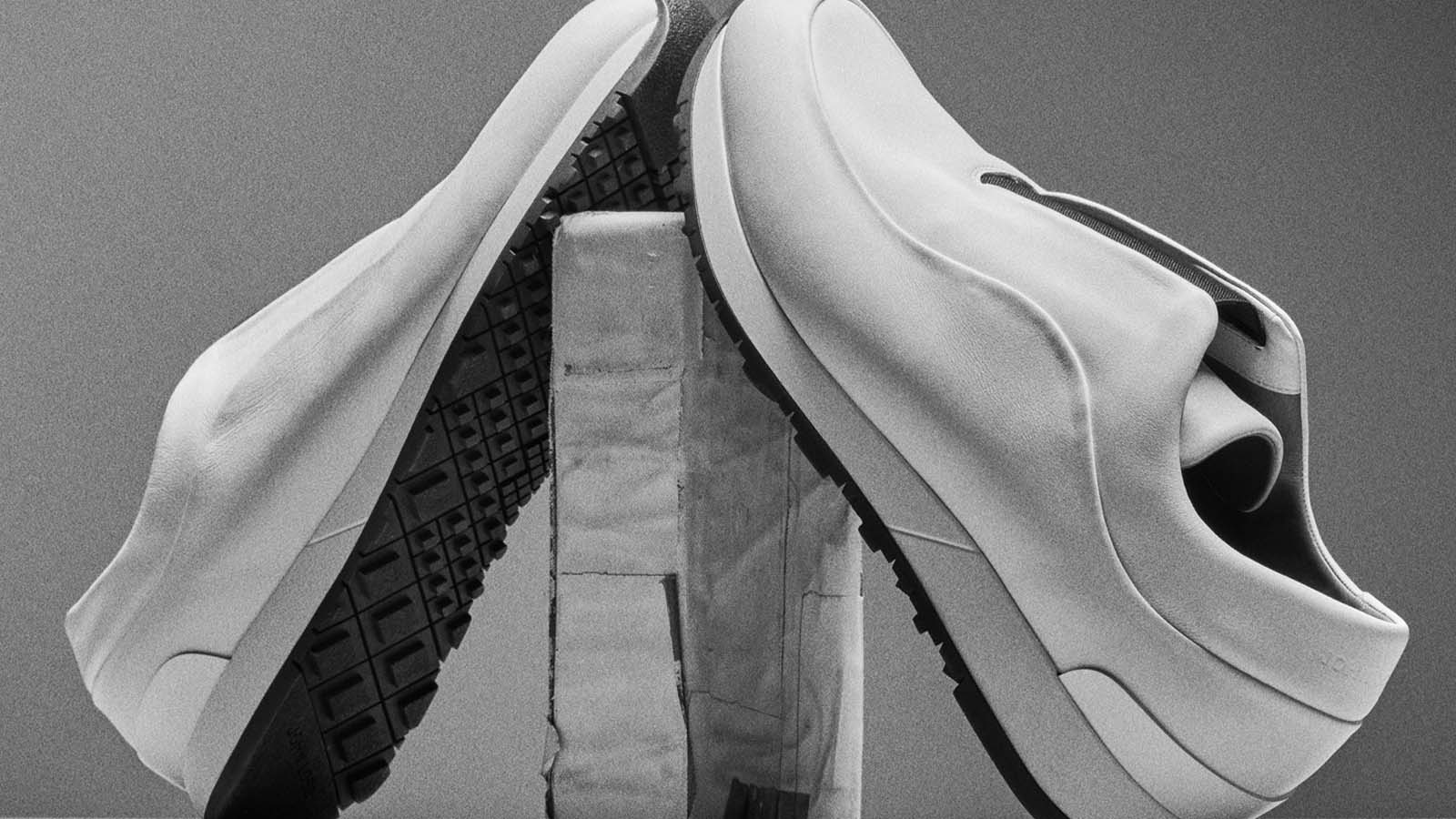 John Lobb’s ‘Cannon’ sneakers are an exercise in minimal design
John Lobb’s ‘Cannon’ sneakers are an exercise in minimal designJohn Lobb’s sleek ‘Cannon’ sneakers continue the British heritage shoemaker’s foray into sportier terrain – crafted with all the precision of its classic styles
-
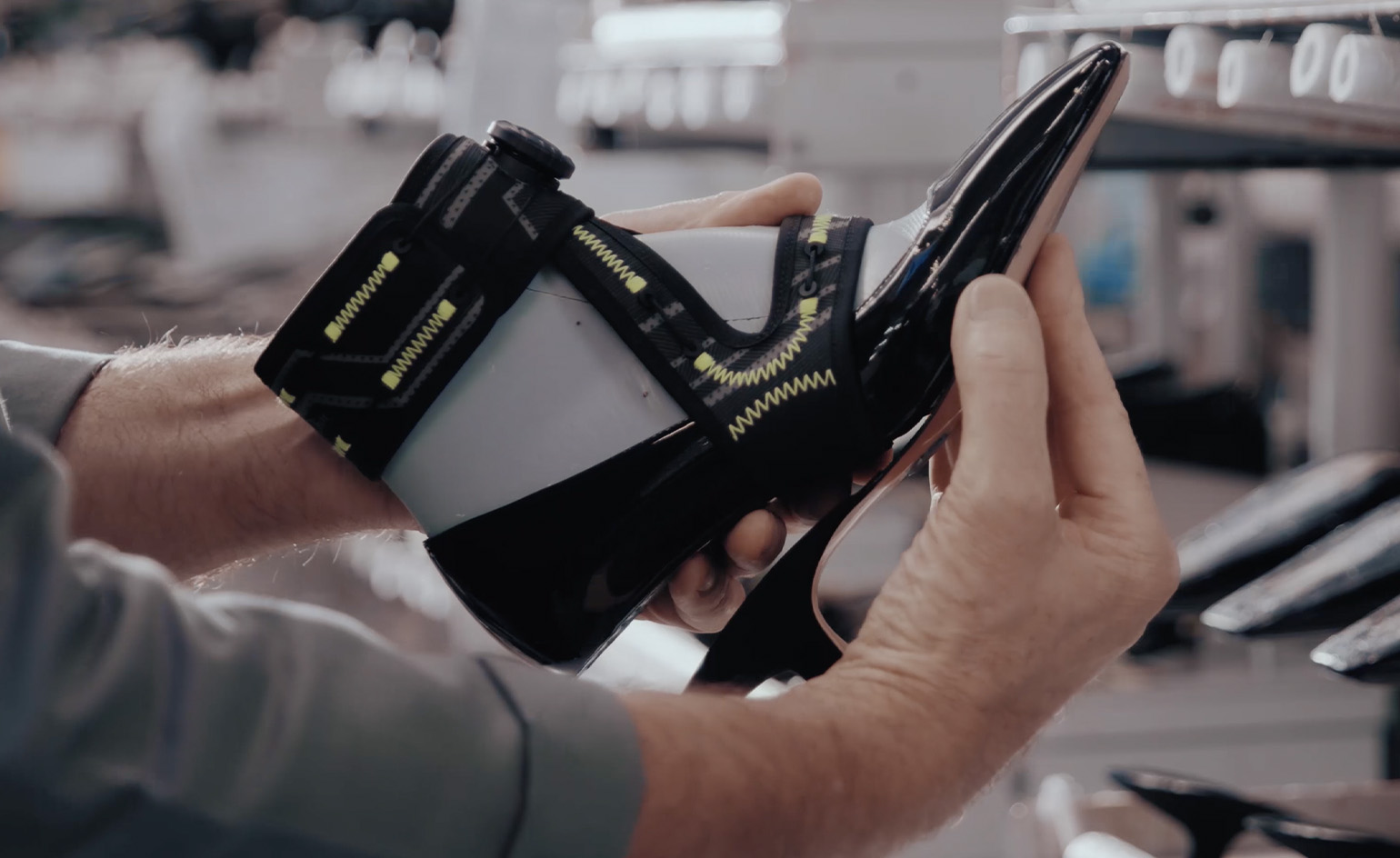 These innovative Dior shoes bridge past, present and future
These innovative Dior shoes bridge past, present and futureInspired by an ornate Dior pump from 1962, Maria Grazia Chiuri’s just-released ‘62-22’ shoes give the classic design a futuristic update. Watch how they are made in this special short film
-
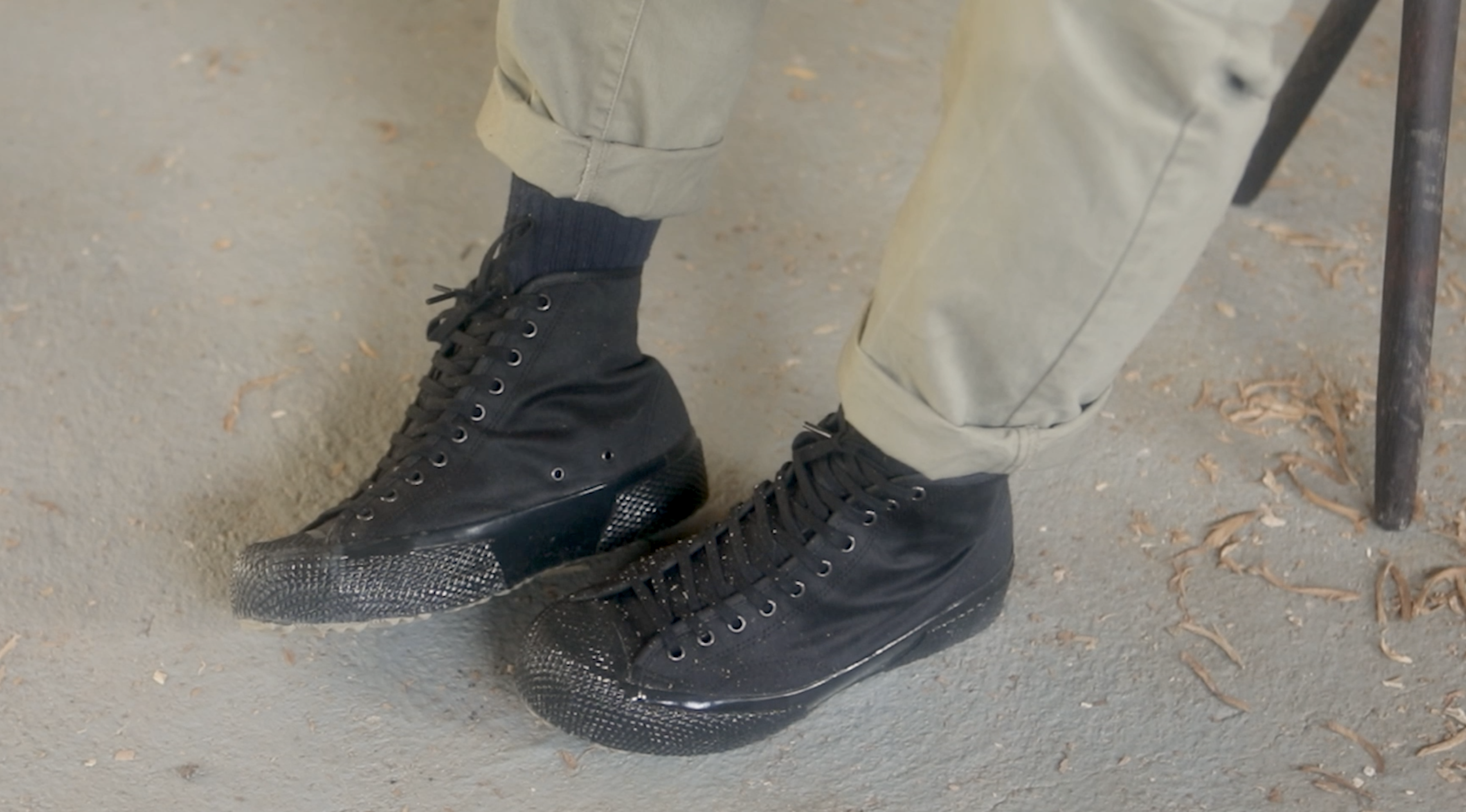 Superga’s ‘Artifact’ collection celebrates over 100 years of craft
Superga’s ‘Artifact’ collection celebrates over 100 years of craftDesigned by Teppei Sugaya, the ‘Artifact’ collection by Superga explores the Italian shoe brand’s historic archive, with each launch arriving with a film celebrating artisans and hand-craft around the world